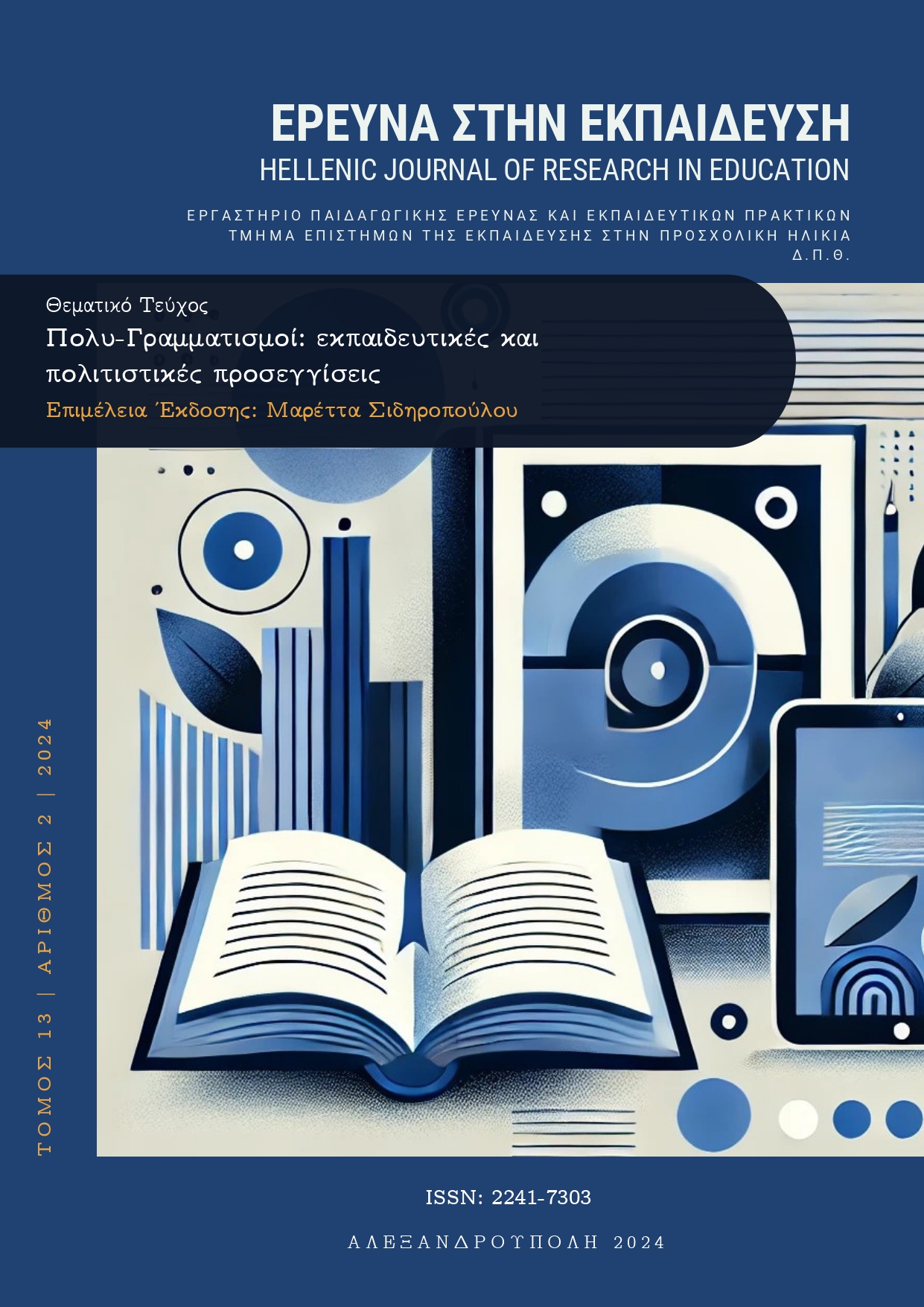Curricula for developing skills and strategies for Artificial Intelligence (AI) literacy

Abstract
The aim of this publication is to define the concept of AI Literacy and to explore the characteristics of curricula that cultivate skills and strategies for AI literacy. We argue that this is a fourth-generation literacy that encompasses the characteristics of previous forms of literacy (functional, social, and digital). The publication begins with a thorough review of the concept of literacy, defines AI literacy based on existing literature, and adopts the theoretical framework of the four dimensions of education (Fadel et al., 2015) to describe the characteristics of education in AI.
The purpose of this publication is:
- To define, through a literature review, the concept of AI literacy and highlight all the skills and strategies that contribute to its acquisition.
- To argue for the necessity of AI education from an early age and to illuminate its characteristics.
- To describe broadly the basic principles of an analytical program for cultivating literacy in AI.
- To explain why the professional development and training of educators as primary agents of AI education are necessary.
The contribution of this work lies in the fact that, for the first time in Greek-language literature, an attempt is made to define the concept of AI literacy and propose a curriculum that would be grounded in the Greek framework. The design and adoption of such a program could lead to a paradigm shift in Greek education.
Article Details
- How to Cite
-
Gavriilidou, Z. (2024). Curricula for developing skills and strategies for Artificial Intelligence (AI) literacy. Hellenic Journal of Research in Education, 13(2), 4–15. https://doi.org/10.12681/hjre.37397
- Section
- Articles

This work is licensed under a Creative Commons Attribution-NonCommercial-ShareAlike 4.0 International License.
Authors who publish with this journal agree to the following terms:
- Authors retain copyright and grant the journal right of first publication with the work simultaneously licensed under a CC-BY-NC-SA that allows others to share the work with an acknowledgement of the work's authorship and initial publication in this journal.
- Authors are able to enter into separate, additional contractual arrangements for the non-exclusive distribution of the journal's published version of the work (e.g. post it to an institutional repository or publish it in a book), with an acknowledgement of its initial publication in this journal.
- Authors are permitted and encouraged to post their work online (preferably in institutional repositories or on their website) prior to and during the submission process, as it can lead to productive exchanges, as well as earlier and greater citation of published work (See The Effect of Open Access).


